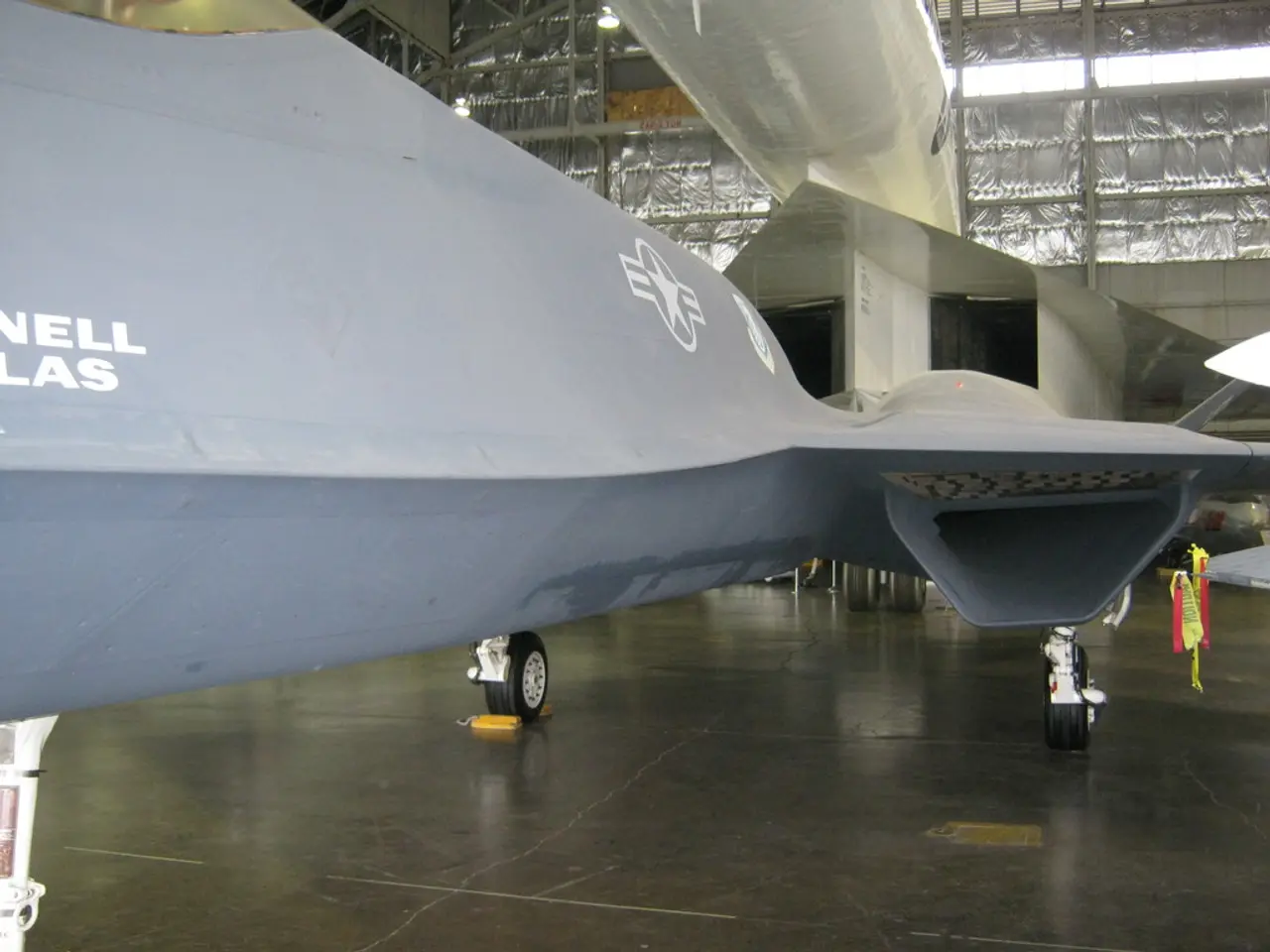Strike vote initiated by Air Canada's cabin crew during negotiations on their contract
Air Canada Flight Attendants Vote on Strike Mandate
Air Canada flight attendants are currently in the midst of a strike vote, which could potentially lead to disruptions in airline operations. The vote, which began on July 28 and ends on August 5, involves over 10,000 Air Canada and Air Canada Rouge flight attendants represented by the Canadian Union of Public Employees (CUPE).
This strike vote represents a critical juncture in the long-running contract talks, with flight attendants seeking a contract that reflects the value of their work and addresses long-standing concerns about compensation and working conditions.
The key issues in the negotiations include pay, unpaid work, per diems, pension, work rules, and prone rest. Flight attendants seek higher wages after a 10-year agreement with diminished purchasing power, demand payment for mandatory pre- and post-flight duties currently unpaid, and dispute daily allowances for expenses, among other demands.
A major point of contention is the unpaid mandatory work flight attendants perform before boarding and after deplaning, such as safety checks and assisting passengers, for which the union demands they be paid from the start of pre-boarding duties instead of from the moment the boarding door closes.
If the mandate is approved, the union could issue a 72-hour strike notice as early as August 16, but an actual strike cannot occur until after a 21-day cooling-off period following the expiration of a 60-day conciliation period. This means that, at the earliest, a strike could occur on September 6.
The potential impact of a strike would be significant disruptions for travelers, including thousands of flight cancellations affecting both Air Canada mainline and Rouge flights. It could severely disrupt travel plans and airline operations during peak summer travel season or beyond. Air Canada has stated that the strike vote is a normal part of negotiations and is focused on continuing bargaining to avoid disruptions.
In summary, the strike vote by Air Canada flight attendants is a normal step in the negotiation process and does not guarantee a disruption of service. However, if the mandate is approved, a strike could potentially cause significant disruptions for travelers. The voting is being conducted by CUPE, which is seeking a strong mandate to negotiate a new contract.
Key Issues
| Issue | Description | |---------------------------|-------------------------------------------------------------------------------------------------| | Pay | Flight attendants seek higher wages after a 10-year agreement with diminished purchasing power | | Unpaid work | Demand payment for mandatory pre- and post-flight duties currently unpaid | | Per diems | Disputes on daily allowances for expenses | | Pension | Pension arrangements remain unresolved | | Work rules | General conditions of work require updating | | Prone rest | Requirements for rest periods during flights |
Potential Impact
| Impact | Description | |-------------------------|-------------------------------------------------------------------------------------------------| | Travel disruption | Thousands of cancelled flights potentially affecting millions of passengers | | Timing | Earliest strike notice after Aug 16, following mandatory cooling-off and conciliation periods | | Industry-wide attention | Reflects broader labor tensions in Canadian aviation and could influence other bargaining units |
- The long-running contract negotiations between Air Canada and its flight attendants, as represented by CUPE, involve concerns about both the flight attendants' lifestyle, such as issues with compensation and working conditions, and travel, as the potential strike could lead to significant disruptions for passengers planning trips during the peak summer travel season.
- If the strike mandate is approved by Air Canada flight attendants, it may impact not only their lifestyle, including work conditions and pay, but also the travel of millions of passengers, causing potentially thousands of flight cancellations on both Air Canada mainline and Rouge flights.




